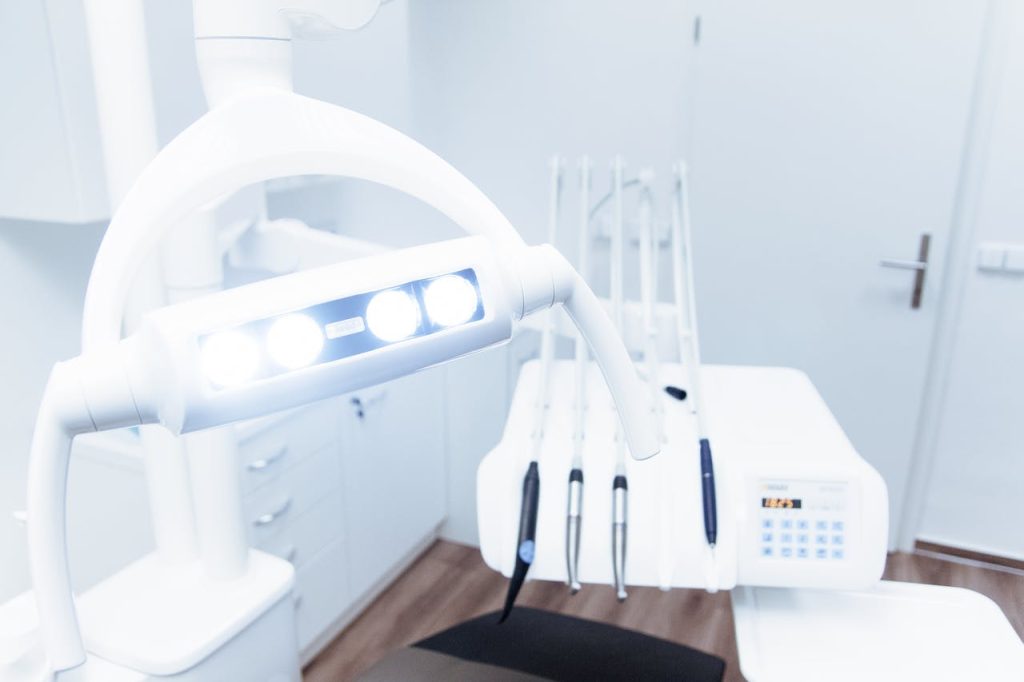Search Engine Optimization (SEO) is a crucial aspect of digital marketing for dental practices. In today’s digital age, having a strong online presence is essential for attracting new patients and growing your dental practice. This article aims to provide a comprehensive guide to dental SEO, covering various strategies and techniques that can help dental practices improve their search engine rankings and increase their visibility online.
Importance of Local SEO for Dental Practices
Local SEO is particularly important for dental practices as it focuses on optimizing websites for local searches. When people are looking for a dentist, they often search for one in their local area. By implementing local SEO strategies, dental practices can ensure that their website appears in the top search results when potential patients search for dentists in their area.
Local SEO offers several benefits for dental practices. Firstly, it helps increase visibility and reach within the local community. By appearing in the top search results, dental practices can attract more local patients and increase their chances of converting website visitors into actual patients. Secondly, local SEO helps build trust and credibility. When potential patients see that a dental practice is listed in the top search results, they are more likely to trust and choose that practice over others.
Understanding the Search Engine Algorithms
To effectively implement SEO strategies, it is important to understand how search engine algorithms work. Search engines like Google use complex algorithms to determine the relevance and ranking of websites in search results. These algorithms take into account various factors such as keywords, website structure, backlinks, and user experience.
Understanding search engine algorithms is crucial for dental SEO because it allows dental practices to optimize their websites in a way that aligns with the ranking factors considered by search engines. By optimizing their websites according to these factors, dental practices can improve their chances of appearing in the top search results and attracting more organic traffic.
Keyword Research for Dental Practices
Keyword research is a fundamental aspect of dental SEO. It involves identifying the keywords and phrases that potential patients are using to search for dental services online. By targeting these keywords in their website content, dental practices can increase their visibility in search results and attract more relevant traffic.
Effective keyword research for dental practices involves several steps. Firstly, it is important to brainstorm a list of relevant keywords and phrases that are related to dental services. These can include terms such as “dentist,” “dental clinic,” “teeth whitening,” and “orthodontics.” Once a list of keywords is generated, it is important to analyze their search volume and competition level using keyword research tools. This helps identify the most valuable keywords to target.
On-Page Optimization Techniques for Dental Websites
On-page optimization refers to the process of optimizing individual web pages to improve their search engine rankings. For dental websites, on-page optimization involves optimizing various elements such as meta tags, headings, URLs, and content.
To optimize meta tags, dental practices should include relevant keywords in the title tag and meta description of each web page. This helps search engines understand the content of the page and improves its visibility in search results. Additionally, dental practices should use headings (H1, H2, etc.) to structure their content and include keywords in these headings.
URL structure is another important aspect of on-page optimization. Dental practices should ensure that their URLs are descriptive and include relevant keywords. For example, a URL for a teeth whitening page could be “www.dentalpractice.com/teeth-whitening.”
Finally, dental practices should focus on creating high-quality and informative content that is optimized for relevant keywords. This includes incorporating keywords naturally throughout the content and providing valuable information that answers potential patients’ questions.
Off-Page Optimization Strategies for Dental Practices
Off-page optimization refers to activities that are done outside of the dental practice’s website to improve its search engine rankings. The most important aspect of off-page optimization is building high-quality backlinks.
Backlinks are links from other websites that point to the dental practice’s website. Search engines consider backlinks as a vote of confidence and authority for a website. The more high-quality backlinks a dental practice has, the higher its chances of ranking well in search results.
To build backlinks, dental practices can reach out to other relevant websites and request a link to their website. This can be done through guest blogging, where the dental practice writes a guest post for another website and includes a link back to their own website in the author bio or within the content.
Another strategy for building backlinks is to create valuable and shareable content that naturally attracts links from other websites. This can include informative blog posts, infographics, or videos that provide valuable information to potential patients.
Building Local Citations for Dental Practices
Local citations are online mentions of a dental practice’s name, address, and phone number (NAP) on other websites. These citations help search engines verify the legitimacy and relevance of a dental practice’s website for local searches.
To build local citations, dental practices should ensure that their NAP information is consistent across all online directories and listings. This includes popular directories such as Google My Business, Yelp, and Yellow Pages. Dental practices should also consider submitting their NAP information to local directories specific to their area or industry.
Building local citations not only helps improve the visibility of dental practices in local search results but also helps potential patients find accurate contact information when searching for a dentist in their area.
Leveraging Social Media for Dental SEO
Social media platforms play a significant role in dental SEO. By leveraging social media effectively, dental practices can increase their online visibility, engage with potential patients, and drive traffic to their website.
To leverage social media for dental SEO, dental practices should create profiles on popular platforms such as Facebook, Instagram, and Twitter. These profiles should be optimized with relevant keywords and include a link to the dental practice’s website.
Dental practices can use social media to share valuable content, engage with followers, and promote their services. By sharing informative blog posts, before-and-after photos, patient testimonials, and educational videos, dental practices can establish themselves as experts in their field and attract more potential patients.
Creating High-Quality Content for Dental Websites
Creating high-quality content is crucial for dental SEO. Search engines prioritize websites that provide valuable and relevant information to users. By creating informative and engaging content, dental practices can improve their search engine rankings and attract more organic traffic.
When creating content for dental websites, it is important to focus on the needs and interests of potential patients. Dental practices should aim to answer common questions and provide helpful information about dental procedures, oral hygiene tips, and other related topics.
In addition to written content, dental practices should also consider incorporating other forms of media such as images, videos, and infographics. These visual elements can help make the content more engaging and shareable.
Measuring the Success of Dental SEO Strategies
Measuring the success of dental SEO strategies is essential to determine the effectiveness of different techniques and make necessary adjustments. There are several tools available that can help track and analyze the performance of dental SEO efforts.
Google Analytics is a powerful tool that provides valuable insights into website traffic, user behavior, and conversion rates. By analyzing data from Google Analytics, dental practices can identify which keywords are driving the most traffic to their website, which pages are performing well, and how users are interacting with their website.
Another useful tool for tracking dental SEO performance is Google Search Console. This tool provides information about how a website appears in search results, which keywords are driving impressions and clicks, and any issues that may be affecting the website’s visibility.
By regularly monitoring these tools and analyzing the data, dental practices can make informed decisions about their SEO strategies and optimize their website for better performance.
Conclusion and Final Thoughts on Dental SEO
In conclusion, dental SEO is a crucial aspect of digital marketing for dental practices. By implementing effective SEO strategies, dental practices can improve their search engine rankings, increase their online visibility, and attract more potential patients.
Key strategies for dental SEO include local SEO, keyword research, on-page optimization, off-page optimization, building local citations, leveraging social media, creating high-quality content, and measuring the success of SEO efforts.
By understanding the importance of dental SEO and implementing these strategies, dental practices can stay ahead of the competition and achieve long-term success in the digital landscape.




